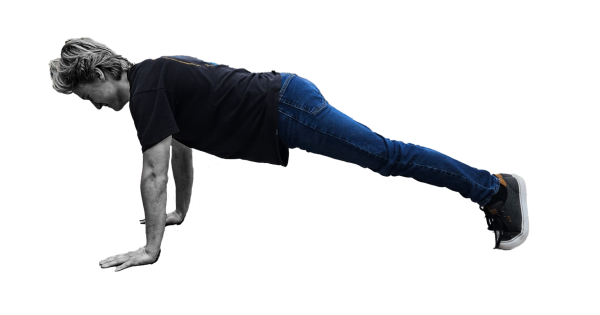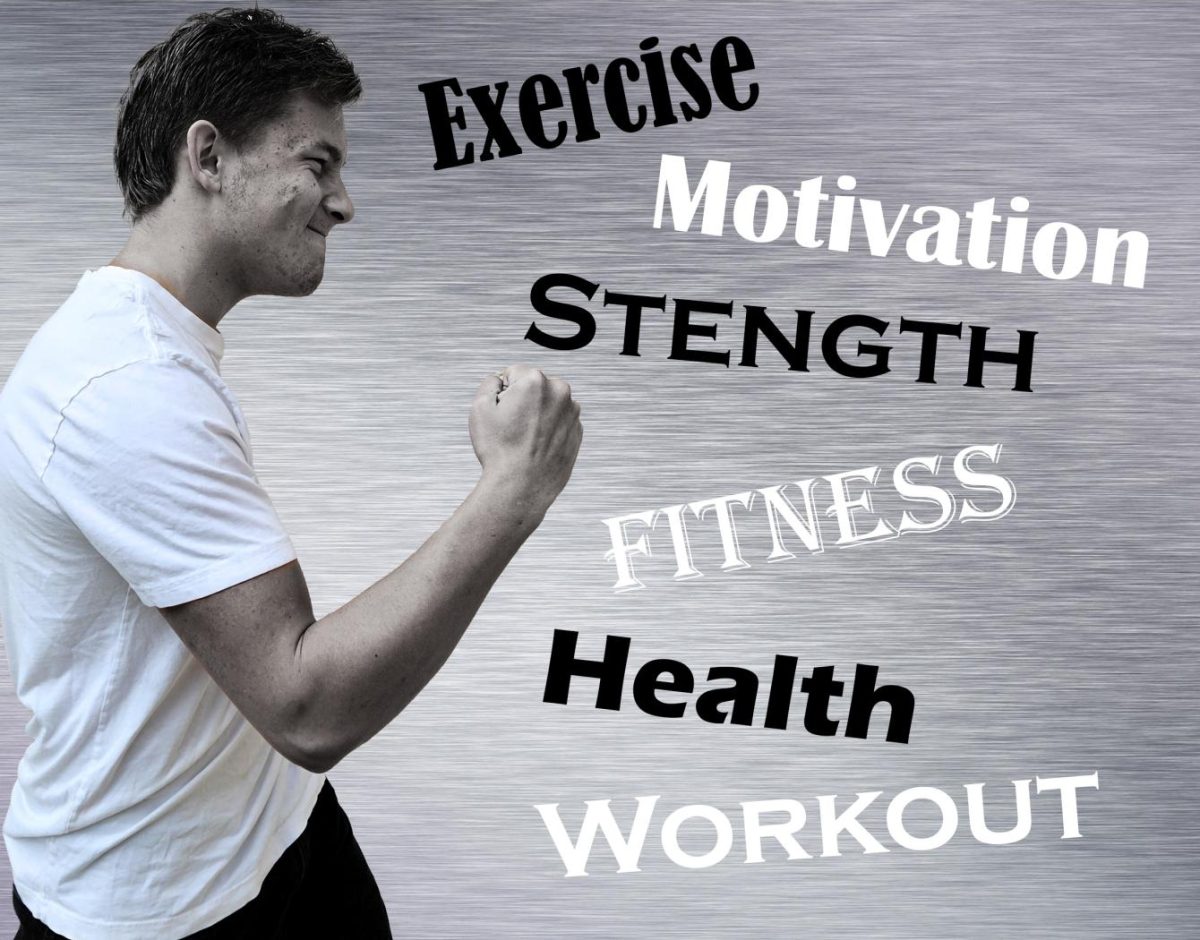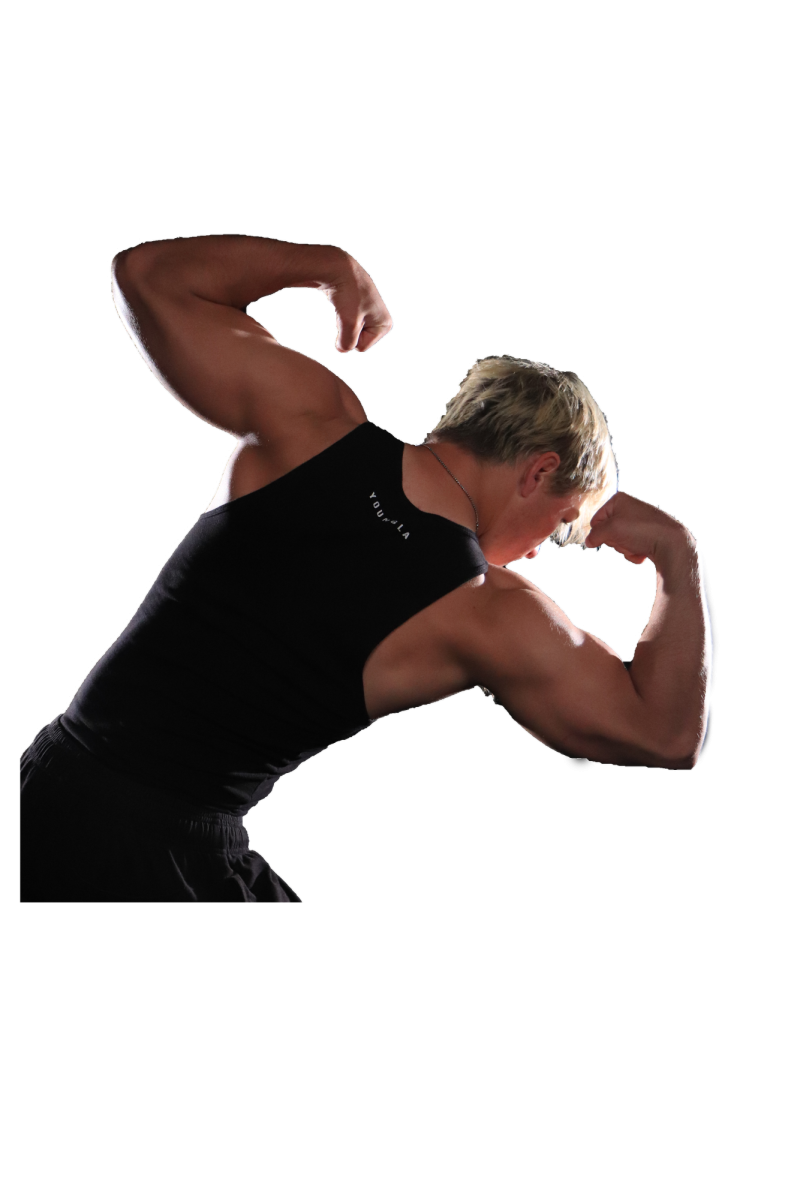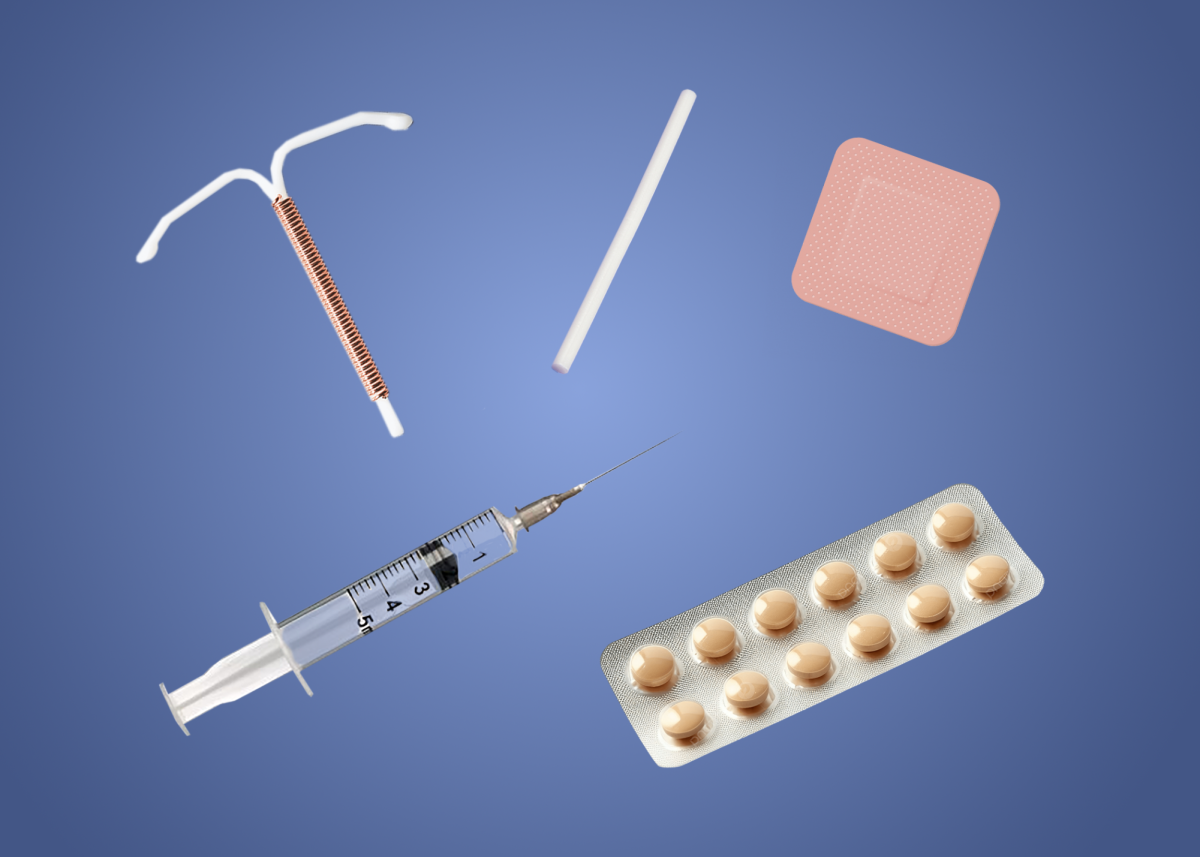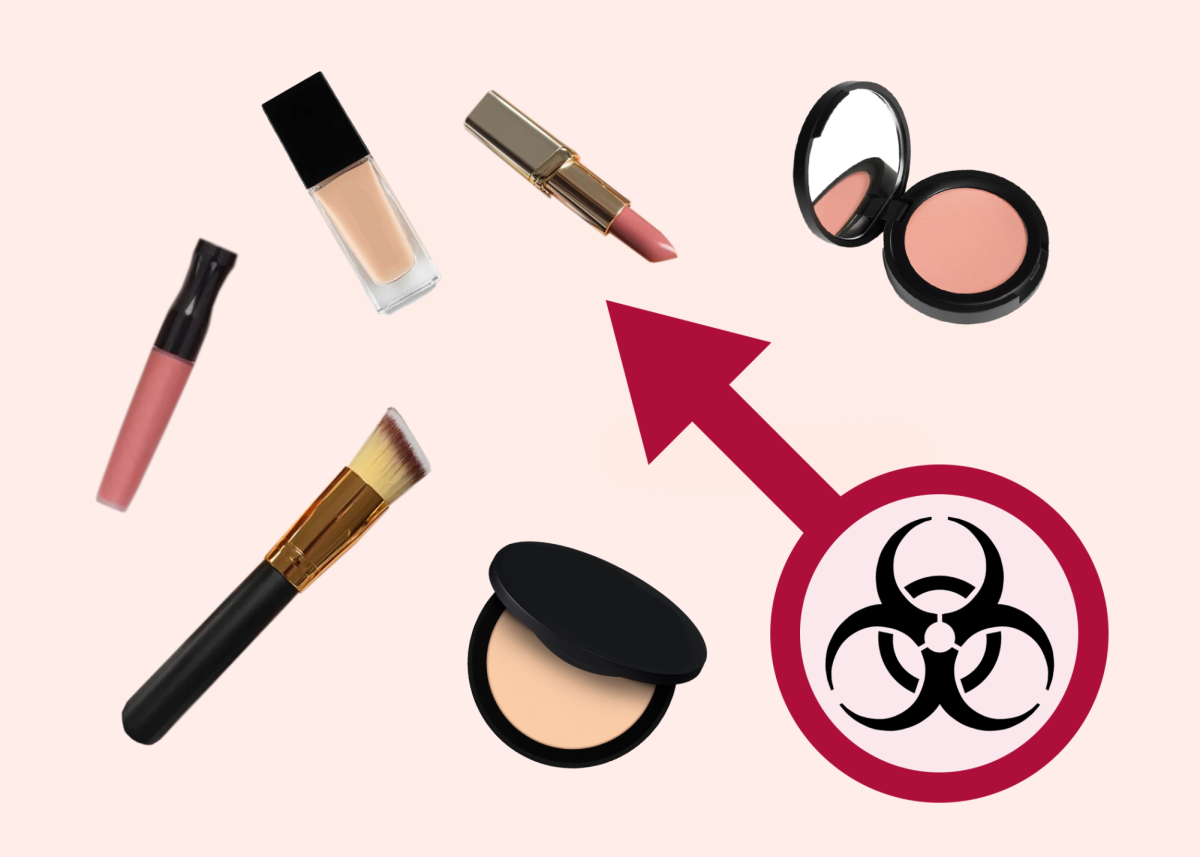With only two years of physical education required to graduate, many students in their junior and senior years go into their last half of high school not in a physical education course. While some students maintain their fitness through extracurricular activities, many may find it easy to opt out of physical activity.
Based on a recent survey with a total of 42 student responses, 41% of all students are not participating in a physical education course. Experts from the US Department of Health and Human Services, recommended that teens should receive at least 60 minutes of moderate to strong physical activity a day. Students who have met their PE requirements and are not actively participating in physical activity daily are not meeting the requirements to sustain proper fitness and health.
Freshman Kinleigh Mourd is a cross country and track athlete who prioritizes exercise.
“Exercise is one of the most important things in my life. Without it, I would not be who I am today. It has helped me grow stronger as a person and is a way for me to feel my emotions,” Mourd said. “I am happier, healthier, and have developed so many meaningful friendships. For me, it has had an incredible positive impact in about every aspect in my life when integrating more effectively into my schedule. Exercise is all about consistency and discipline.
Exercise leads to a healthy lifestyle and “benefitness”
Consistency over quantity: Better to work out 30-60 minutes a day for a week, rather than 5 hours in one day.
Experts from “Sunny Health, and Fitness” describe consistent exercise will develop improvements in physical health, boost energy, muscular fitness, better sleep, and alleviate anxiety and depression.
JR Felganhauer, physical education teacher, finds that exercise has a positive impact on mental health.
About 59% of students do not participate in any PRHS sports. However, 73% of the total survey said that they are engaged in exercise for the recommended 60 minutes or more through other outside of school forms.
A lack of exercise may catch the scale by surprise. Withdrawals from exercise increase risk for negative health issues such as cardiovascular disease, type 2 diabetes, premorality, obesity, and high blood pressures. Experts explain that a shortfall from exercise may lead to depression and anxiety. Exercise releases feel good chemicals:, anandamide and endocannabinoids, straight to the brain. Lack of exercise cuts these chemicals that create feelings of happiness and joy for essential esteem.
Tips for Motivation:
Find a work out Partner
Join a gym / sense of community
Participate in activities you enjoy
Schedule workouts/ Make part of routine
Set goals / keep track of your progress
“If your ultimate goal is to run a marathon, don’t run the 26 miles on day one (that would be dangerous, you will get hurt!). A small goal would be improving your mile time. The next goal would be training for and participating in a 5k run. The next would be training for and running a half marathon. Everyone is motivated by success. Small, achievable goals can promote more feelings of success in your journey” Felgenhauer said.
In recap, teens should be getting at least 60 minutes a day of physical activity through a spread of various exercises. As exercise stays consistent, so do the benefits. Video games can be fun, but don’t just work out your thumbs. Give your whole body a chance.
